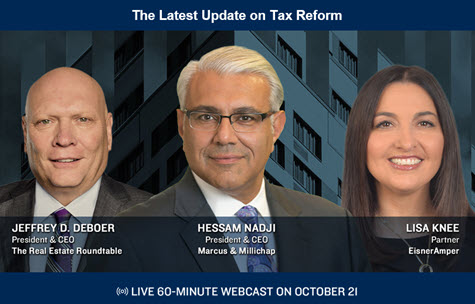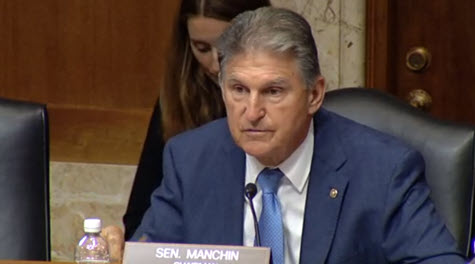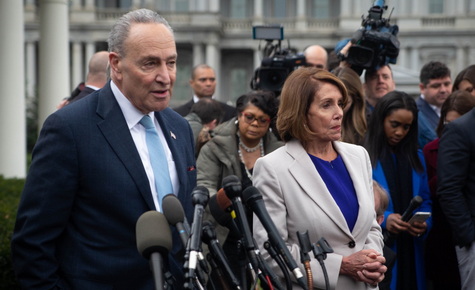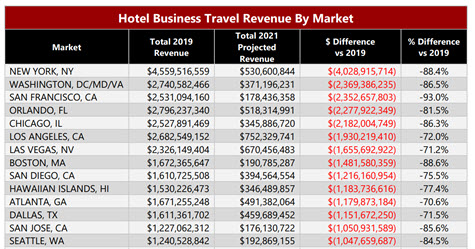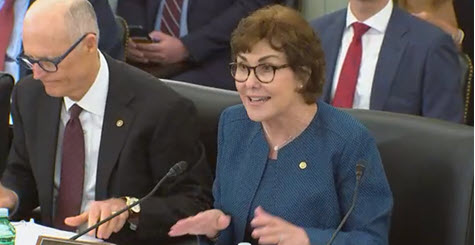
This week’s frenzy of infrastructure negotiations in Washington was capped off by the White House’s release yesterday of a pared down, $1.75 trillion framework agreement on “human” infrastructure legislation, which trimmed back potential tax increases on commercial real estate and other pass-through businesses. (CQ, Oct. 30 and Tax Notes, Oct. 29)
Dynamic Negotiations
- By introducing revised legislation – the Build Back Better Act (H.R. 5376) – Democratic leaders hoped to create momentum for a vote on the separate, bipartisan “physical” infrastructure bill. Their effort was unable to secure the necessary support for an immediate vote from House progressives. (Section-by-section bill summary and Washington Post, Oct. 29)
- Policymakers did pass a short-term extension of surface transportation programs until Dec. 3 – the same day that funding for the government will run out and within the time frame for addressing the current debt ceiling. (Punchbowl News, and BGov, Oct. 30)
- Roundtable President and CEO Jeffrey DeBoer commented on the evolving infrastructure legislative developments in an interview this week with American City Business Journals. DeBoer noted that as the bill’s cost has come down, policymakers have eliminated many proposed tax increases.
- “We very much want to see the physical bipartisan infrastructure bill pass. It has been tied in the House to the larger human infrastructure bill, and that legislation is slowly winding its way to the finish line. As the larger bill was put forward, we were concerned about some provisions that we felt might target real estate activities and real estate investment. We tracked all of these various proposals such as mark-to-market and wealth taxes. We’re continuing to monitor developments and ensure that nothing comes up without proper vetting or full understanding of how it would impact CRE,” DeBoer said.
What It Means for CRE
- The revised reconciliation bill reflects continued progress on a number of tax issues important to real estate and prioritized by The Real Estate Roundtable. Critically, the current bill includes:
- No limitations on like-kind exchanges (sec. 1031),
- No increase in the capital gains tax rate,
- No restrictions on the 20% pass-through business income deduction (sec. 199A),
- No taxation of unrealized gains at death or repeal of the step-up in basis of assets,
- No changes in the tax treatment of carried interest, and
- No restrictions on estate tax valuation discounts.
- Additionally, the revised legislation excludes a complex mark-to-market regime to tax the unrealized gains of billionaires, new tax burdens on grantor trusts, and a provision that would have prohibited IRA investment in many non-listed REITS.
- For more information on the tax provisions in the original House bill, see The Roundtable’s summary on Real Estate Tax Issues and Budget Reconciliation Legislation. Also watch the recent Marcus & Millichap webcast on tax policy that featured The Roundtable’s Jeffrey DeBoer, above. (Registration required to view the Marcus & Millichap webcast)
Key Tax Revenue Provisions

- In addition to provisions aimed at corporate and international business activities, tax provisions in the framework agreement include:
- Expansion of the 3.8% net investment income tax to cover a much broader range of income – such as capital gains and rents – earned by both active business owners (such as real estate professionals), S corp. shareholders, and limited partners.
- A new proposal to impose a 5% surtax on a taxpayer’s modified adjusted gross income (AGI) over $10M and an additional 3% surtax tax on modified AGI over $25 million.
- Restrictions on taxpayers’ ability to deduct more than $250K (individual) or $500K (married couple) of losses incurred in an active trade or business from their portfolio income or wages.
- Modifications to the portfolio interest exception that exempts interest earned on certain U.S. debt obligations from a withholding tax on outbound interest payments. The exception is sometimes used by foreign institutions when investing in US real estate.
- Clarification that limitation on interest deductibility (sec. 163(j)) applies at the partner or shareholder level, not the entity level.
- Clean Energy tax provisions affecting real estate are covered in the Roundtable Weekly story below.
Dropped Tax Incentives
- As the cost of the bill came down, certain tax incentives were eliminated from the package: expansion of the low-income housing tax credit and the credit for rehabilitating historic structures, creation of a new tax credit for home construction in low-income communities for low-income buyers, and new infrastructure tax credit bonds and related infrastructure financing provisions.
Legislative changes to the bill could occur next week on crucial issues such as the SALT deduction, but the timing of action on a final agreement remains uncertain. (Bloomberg, Oct. 29)
# # #
